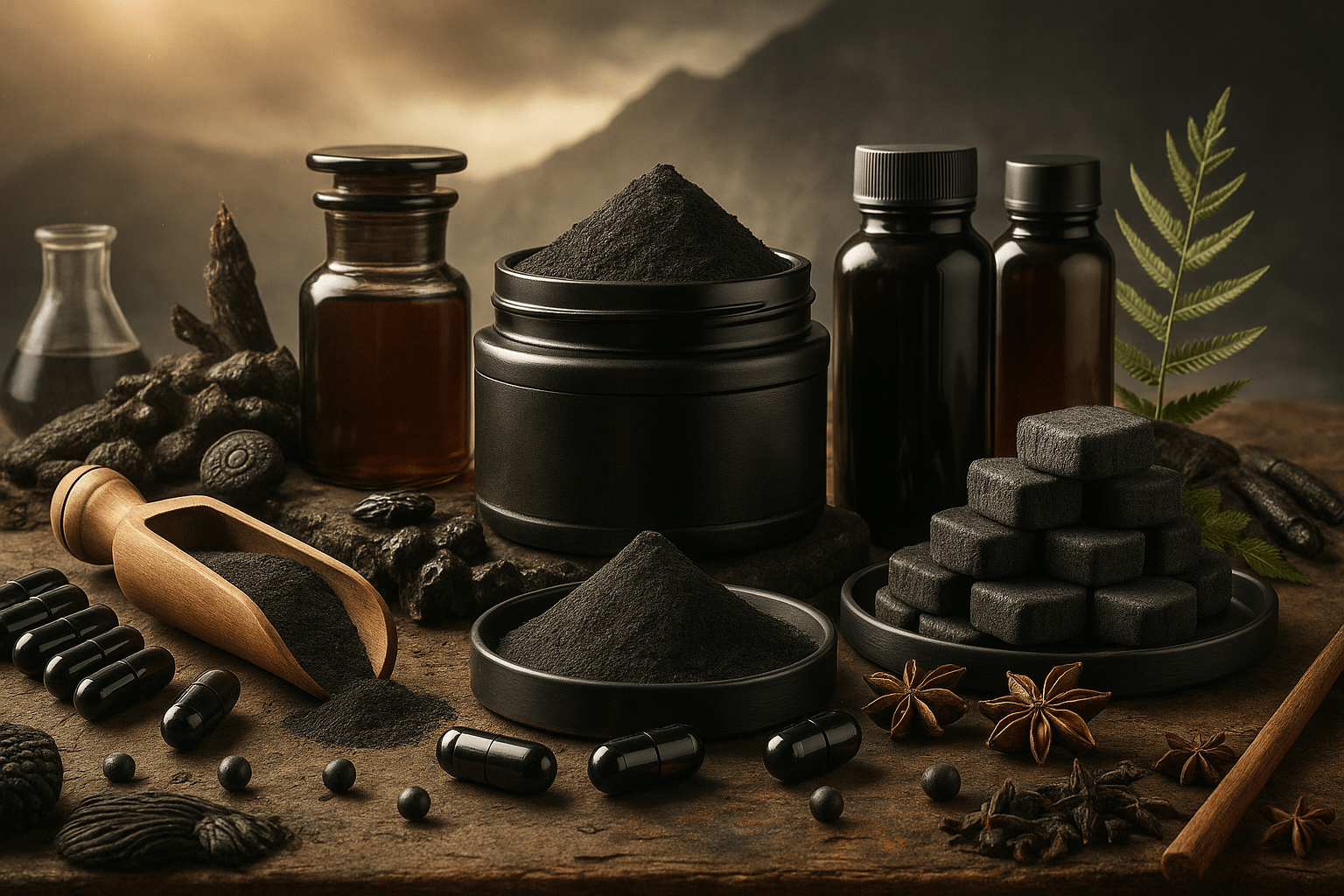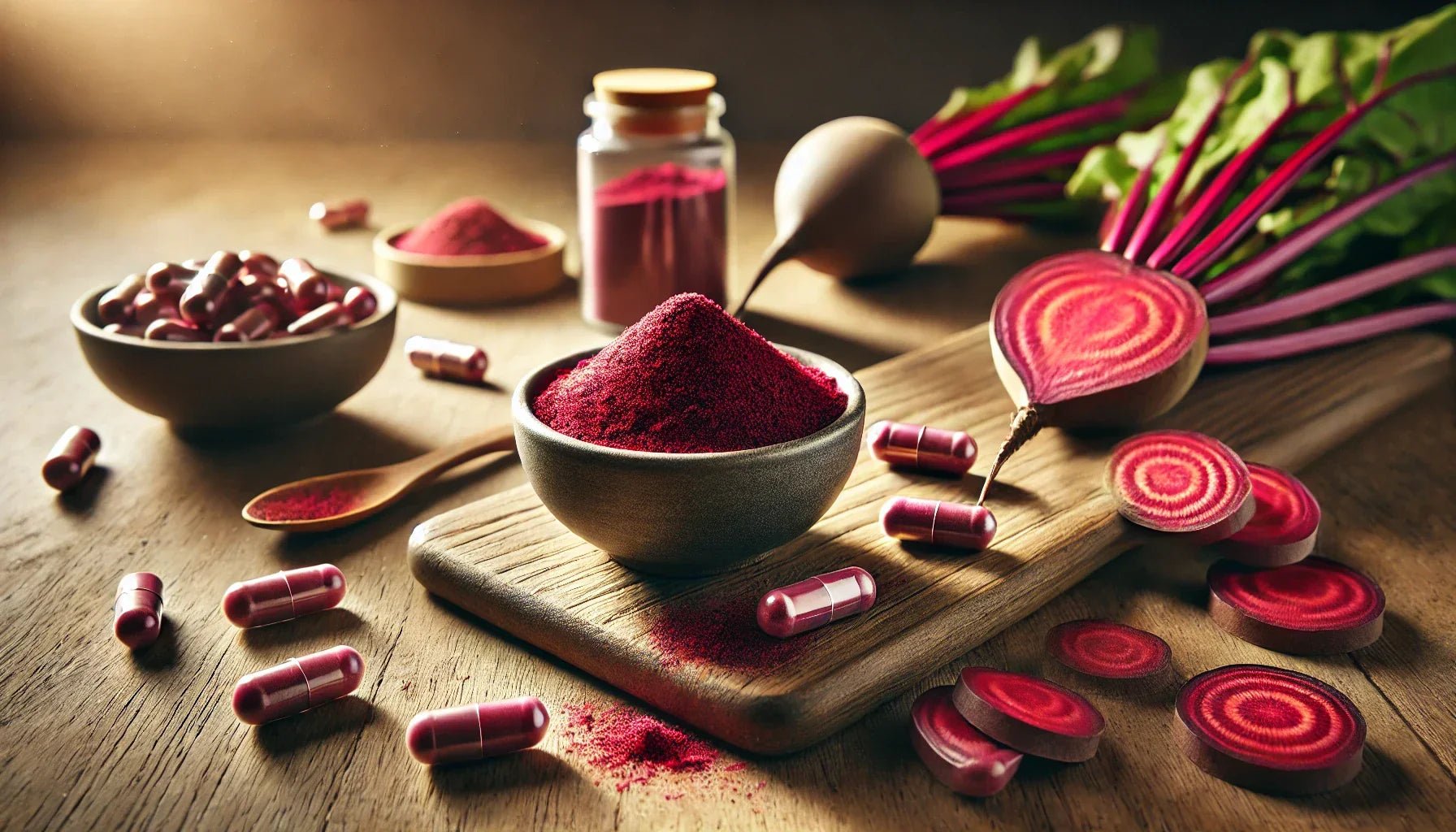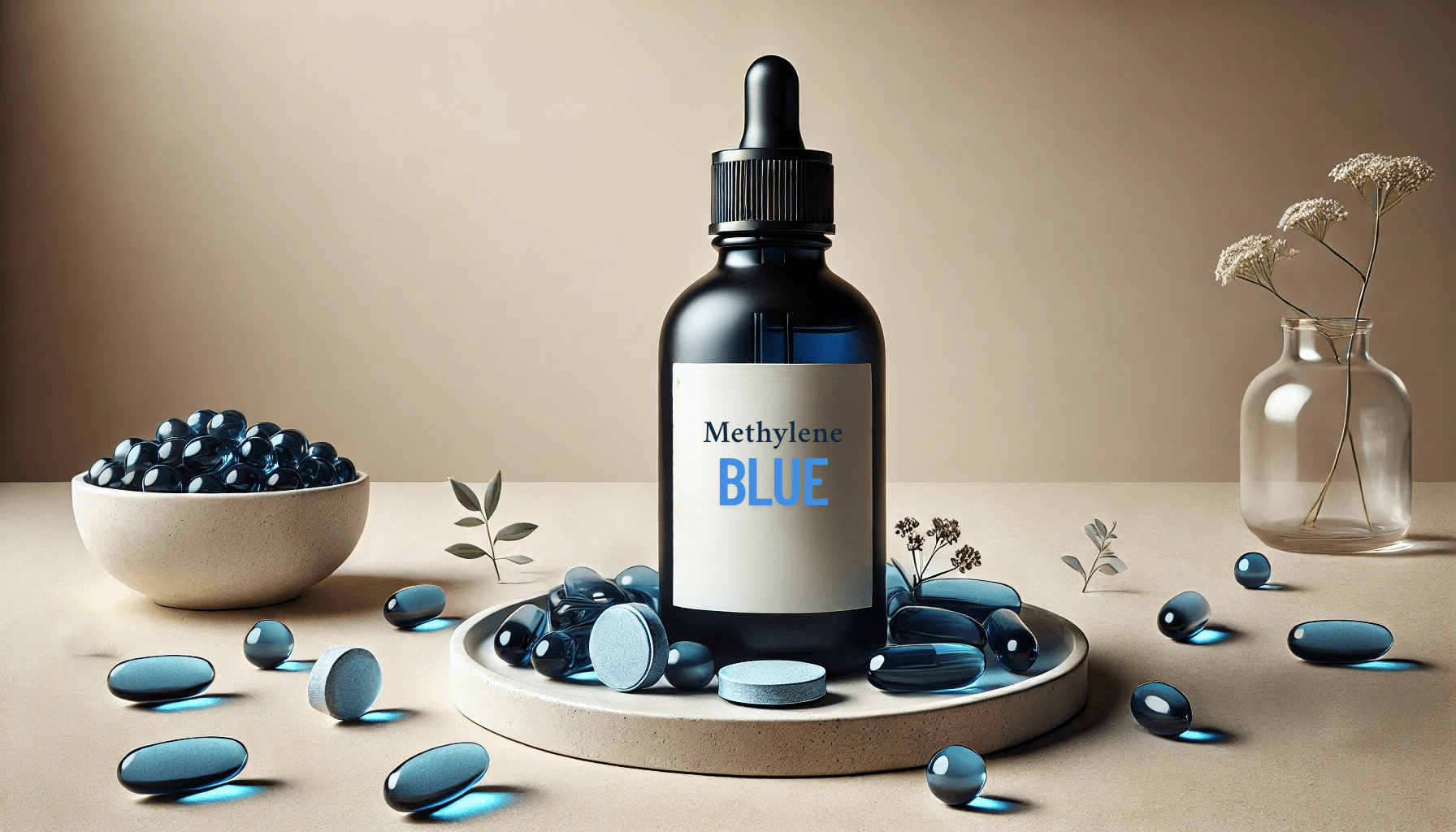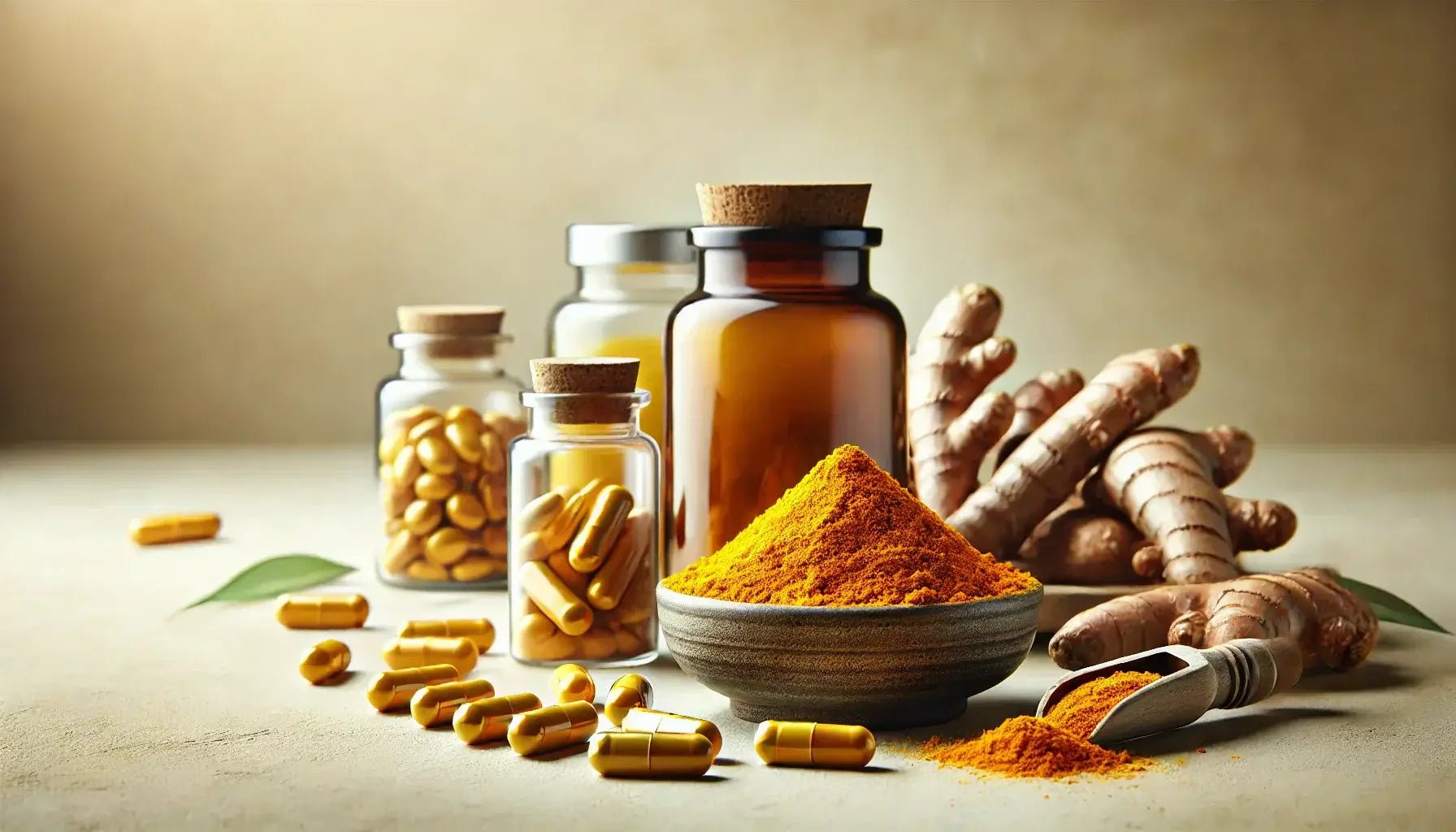In the ever-evolving world of natural health, few herbal remedies have stood the test of time quite like oil of oregano. Used for centuries across Mediterranean and Middle Eastern cultures, this powerful plant extract is now making waves in the modern wellness community. From immune support and digestive balance to skin care and beyond, oil of oregano is celebrated for its impressive array of benefits. But what does the science say? How should you use it, and what precautions should you take? In this comprehensive guide, we’ll explore everything you need to know about oil of oregano—so you can decide if it deserves a place in your daily routine.
What is Oil of Oregano?
Oil of oregano is a concentrated herbal extract derived from the leaves and flowers of the oregano plant (Origanum vulgare). While oregano is best known as a culinary herb, its oil is packed with potent compounds that give it unique medicinal properties. The most important of these are carvacrol and thymol—two phenolic compounds with strong antimicrobial, antioxidant, and anti-inflammatory effects.
Unlike oregano essential oil (which is highly concentrated and should never be ingested), oil of oregano for supplements is typically diluted and standardized for safe oral or topical use. It’s available in capsules, tinctures, and liquid drops, making it easy to incorporate into your wellness regimen.
The Science-Backed Benefits of Oil of Oregano
1. Natural Antibacterial Powerhouse
One of the most celebrated benefits of oil of oregano is its ability to fight bacteria. Research has shown that carvacrol, the main active ingredient, can inhibit the growth of several types of bacteria—including some that are resistant to antibiotics. This makes oil of oregano a popular natural remedy for minor infections, respiratory issues, and even foodborne illnesses. Some studies suggest that it may help combat Staphylococcus aureus (the bacteria behind staph infections) and Escherichia coli (E. coli), among others.
2. Antifungal and Yeast-Fighting Properties
Oil of oregano is also prized for its antifungal effects. Thymol, another key compound, has been shown to inhibit the growth of fungi like Candida albicans, which can cause yeast infections in the gut, mouth, and skin. For those struggling with persistent fungal issues, oil of oregano may offer a natural alternative to conventional antifungal medications.
3. Potent Antioxidant Protection
Free radicals are unstable molecules that can damage cells and accelerate aging. Oil of oregano is rich in antioxidants, including rosmarinic acid, which help neutralize these harmful molecules. By reducing oxidative stress, oil of oregano may support healthy aging, skin health, and overall vitality.
4. Supports Digestive Health
Digestive complaints—from bloating and gas to irritable bowel syndrome (IBS)—are increasingly common. Oil of oregano has been used traditionally to soothe digestive discomfort, and emerging research suggests it may help balance gut bacteria, reduce inflammation, and even combat small intestinal bacterial overgrowth (SIBO). Some herbal practitioners recommend oil of oregano as part of a protocol for restoring gut health and improving nutrient absorption.
5. Immune System Support
With its antimicrobial and antioxidant properties, oil of oregano is a popular choice for supporting immune function. Many people turn to it at the first sign of a cold, flu, or other infection, hoping to shorten the duration and lessen the severity of symptoms. While more research is needed, its traditional use as an immune booster is well established.
6. Anti-Inflammatory Effects
Chronic inflammation is at the root of many health problems, from joint pain to heart disease. Animal and test-tube studies suggest that carvacrol and thymol can help reduce inflammation by modulating inflammatory pathways in the body. While human studies are limited, some people find oil of oregano helpful for managing mild aches, pains, and inflammatory skin conditions.
7. May Aid in Wound Healing and Skin Health
Thanks to its antibacterial and anti-inflammatory effects, oil of oregano is sometimes used topically to support wound healing and treat minor skin irritations. When diluted with a carrier oil, it may help protect cuts, scrapes, and insect bites from infection. Some people also use it for acne, athlete’s foot, and dandruff, though results can vary.
8. Potential Cholesterol and Heart Health Benefits
Preliminary research suggests that oil of oregano may support heart health by helping to lower LDL (“bad”) cholesterol and reduce oxidative stress. While these findings are promising, more human studies are needed to confirm its cardiovascular benefits.
9. May Assist with Weight Management
Some animal studies have shown that carvacrol may influence genes involved in fat synthesis and accumulation, potentially aiding in weight management. While it’s not a magic bullet for weight loss, oil of oregano could be a helpful addition to a healthy diet and lifestyle.
How to Use Oil of Oregano
Oil of oregano is available in several forms, each with its own pros and cons:
- Capsules/Softgels: Convenient and easy to take, these are ideal for those who dislike the taste of oregano oil.
- Liquid Drops/Tinctures: Offer flexible dosing and can be added to water, juice, or taken directly under the tongue (always follow the label instructions).
- Topical Oils: Designed for skin application, but must be diluted with a carrier oil (like coconut or olive oil) to avoid irritation.
Dosage: There is no universal recommended dose for oil of oregano, as it depends on the concentration, form, and intended use. Typical oral doses range from 200-600 mg per day (in capsule form), or 2-3 drops of liquid oil mixed with a carrier or beverage, 2-3 times daily. Always start with the lowest effective dose and consult your healthcare provider, especially if you are pregnant, breastfeeding, or on medication.
Oil of Oregano: Traditional Uses and Modern Applications
Oil of oregano has a rich history in folk medicine. Ancient Greeks and Romans used oregano as a remedy for respiratory and digestive ailments, wound healing, and even as an antidote for venomous bites. Today, it’s marketed for a wide range of uses, including:
- Supporting respiratory health (coughs, sinus congestion, bronchitis)
- Combating intestinal parasites and yeast overgrowth
- Relieving symptoms of colds and flu
- Promoting urinary tract health
- Soothing indigestion and heartburn
- Treating minor skin infections, acne, and fungal issues
While many of these uses are supported by traditional wisdom and preliminary research, it’s important to note that large-scale human studies are still limited. Oil of oregano should not replace standard medical treatment for serious conditions.
Potential Side Effects and Safety Considerations
Oil of oregano is generally safe when used as directed, but it is a potent substance that demands respect. Possible side effects include:
- Gastrointestinal upset (nausea, vomiting, diarrhea, heartburn, bloating)
- Skin irritation or rash (when applied undiluted)
- Allergic reactions (especially in those allergic to mint, basil, sage, or lavender)
- Increased risk of bleeding (may interact with blood thinners)
- Potential to lower blood sugar (caution if taking diabetes medications)
- Possible interactions with diuretics and certain other medications
Special Precautions: Pregnant and breastfeeding women should avoid oil of oregano, as it may affect hormone levels and uterine contractions. People with bleeding disorders, upcoming surgery, or allergies to Lamiaceae family herbs (mint, basil, sage, etc.) should also use caution. Always consult your healthcare provider before starting any new supplement.
How to Choose a High-Quality Oil of Oregano Supplement
Not all oregano oil supplements are created equal. Here’s what to look for:
- Source: Look for supplements made from Origanum vulgare, ideally wild-crafted or organic.
- Carvacrol Content: The most active compound; a good supplement should contain at least 60-70% carvacrol.
- Purity: Avoid products with unnecessary fillers, additives, or synthetic ingredients.
- Third-Party Testing: Choose brands that test for potency and contaminants.
- Form: Pick the delivery method (capsule, liquid, topical) that fits your lifestyle and needs.
If you’re new to oil of oregano, start with a reputable brand, follow the label instructions, and monitor your body’s response.
Frequently Asked Questions About Oil of Oregano
Can I take oil of oregano every day?
Oil of oregano is potent and best used for short periods (up to 2-3 weeks at a time), with breaks in between. Long-term daily use is not recommended unless advised by a healthcare professional.
Can I use oil of oregano for colds and flu?
Many people use oil of oregano at the first sign of a cold or flu, hoping to boost immune response and reduce symptoms. While research is limited, its traditional use and antimicrobial properties make it a popular choice for seasonal support.
Is oil of oregano safe for children?
Oil of oregano is generally not recommended for young children, as it is very strong and can cause irritation or adverse effects. Always consult a pediatrician before giving any supplement to a child.
Can oil of oregano help with gut health?
Emerging research suggests that oil of oregano may help balance gut bacteria and manage issues like SIBO and candida overgrowth. However, it should be used as part of a comprehensive gut health plan, not as a stand-alone cure.
What’s the difference between oregano oil and oregano essential oil?
Oregano oil supplements are diluted and standardized for safe oral or topical use. Oregano essential oil is highly concentrated and intended for aromatherapy or topical use only—never ingest essential oils.
How to Incorporate Oil of Oregano into Your Wellness Routine
If you’re ready to explore the benefits of oil of oregano, here are some practical tips:
- Start with the lowest recommended dose and gradually increase as tolerated.
- Take capsules or drops with food to minimize stomach upset.
- For topical use, always dilute with a carrier oil before applying to the skin.
- Use for short periods (2-3 weeks), then take a break.
- Monitor your body for any side effects or allergic reactions.
Remember: natural does not always mean risk-free. Listen to your body and consult a healthcare professional if you have any concerns.
Oil of Oregano: A Versatile Natural Ally
From ancient folk remedy to modern supplement superstar, oil of oregano has earned its place in the world of natural health. Its unique blend of antibacterial, antifungal, antioxidant, and anti-inflammatory properties make it a versatile ally for immunity, digestion, and overall well-being. Whether you’re looking to support your immune system, soothe digestive woes, or care for your skin, oil of oregano is a powerful tool worth considering.
As with any supplement, quality, moderation, and informed use are key. By choosing a reputable product, following dosage guidelines, and respecting your body’s limits, you can harness the benefits of this remarkable herb—while minimizing risks.
Conclusion: Should You Try Oil of Oregano?
Oil of oregano isn’t a miracle cure, but it is a potent, time-tested remedy with a growing body of research to support its traditional uses. If you’re seeking a natural way to support your immune system, fight off occasional infections, or promote digestive health, oil of oregano may be a valuable addition to your wellness toolkit.
As always, consult your healthcare provider before starting any new supplement—especially if you have underlying health conditions, take medications, or are pregnant or breastfeeding. With mindful use, oil of oregano can be a safe and effective part of your holistic health journey.











